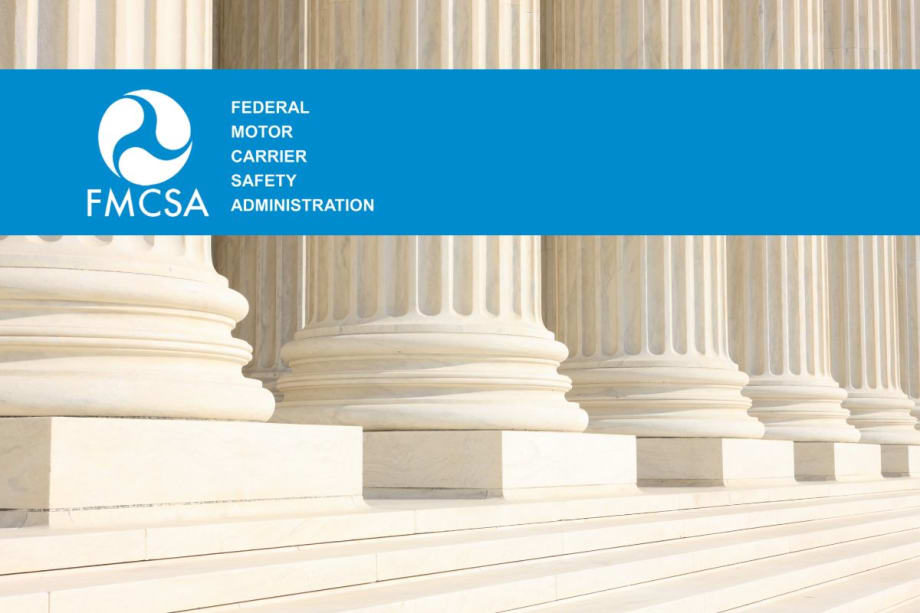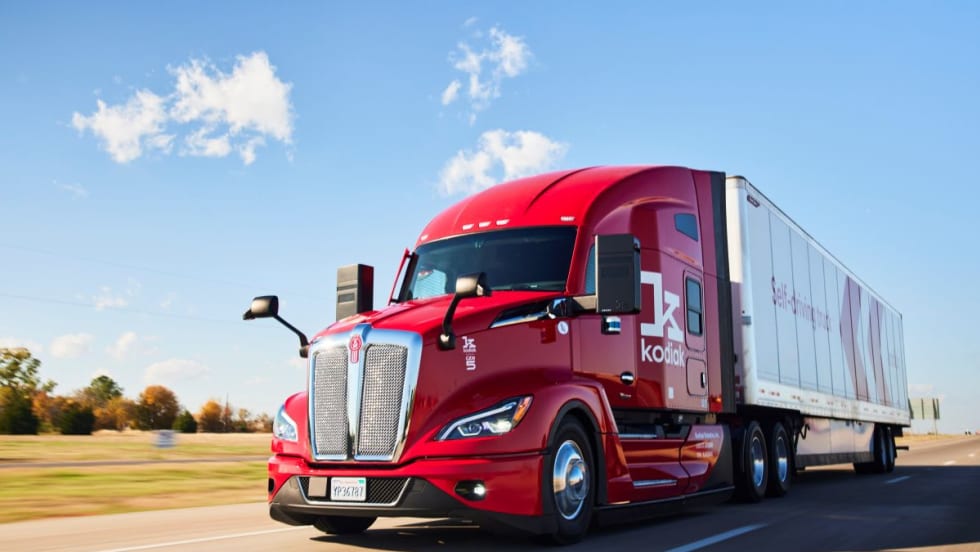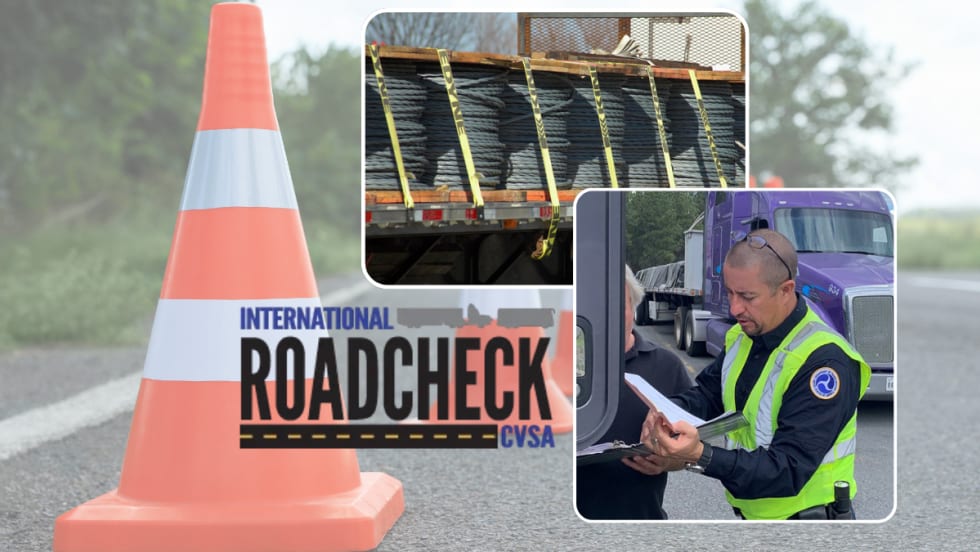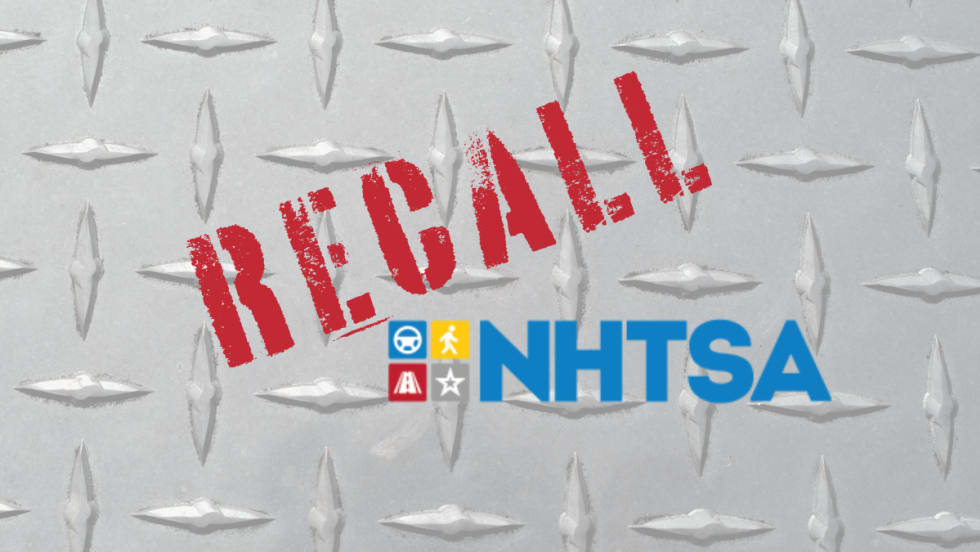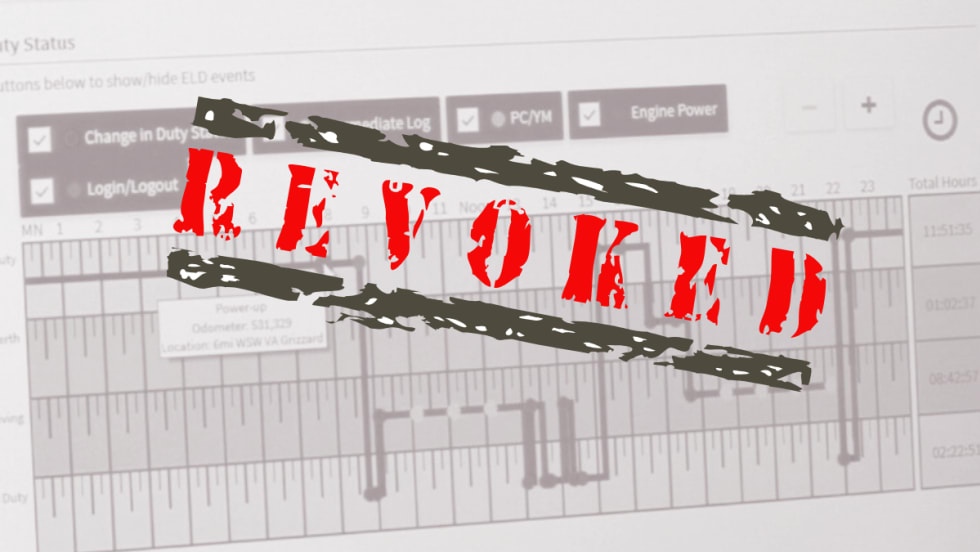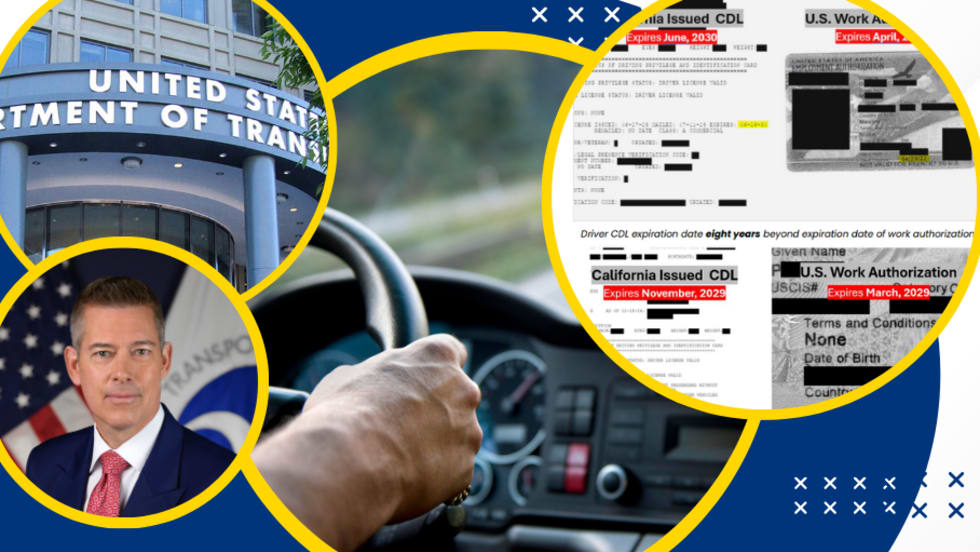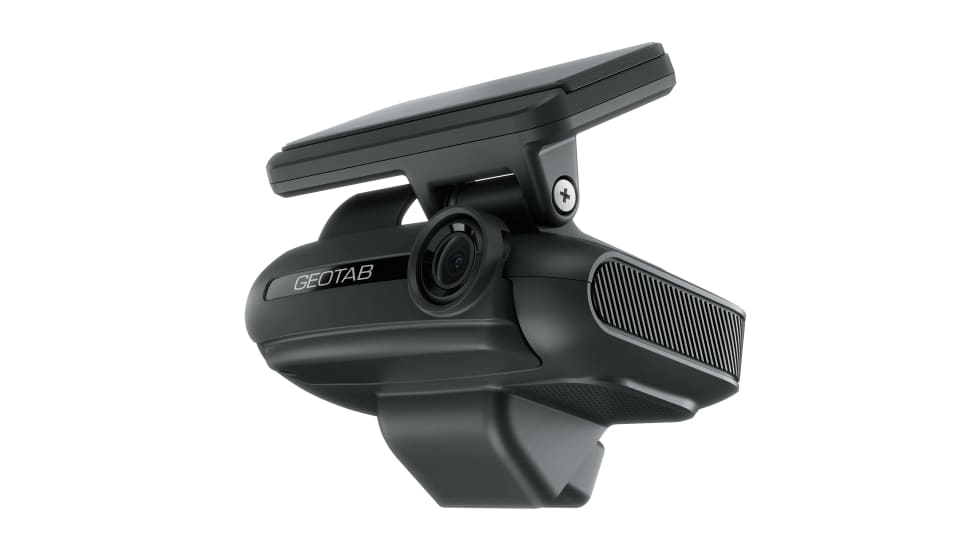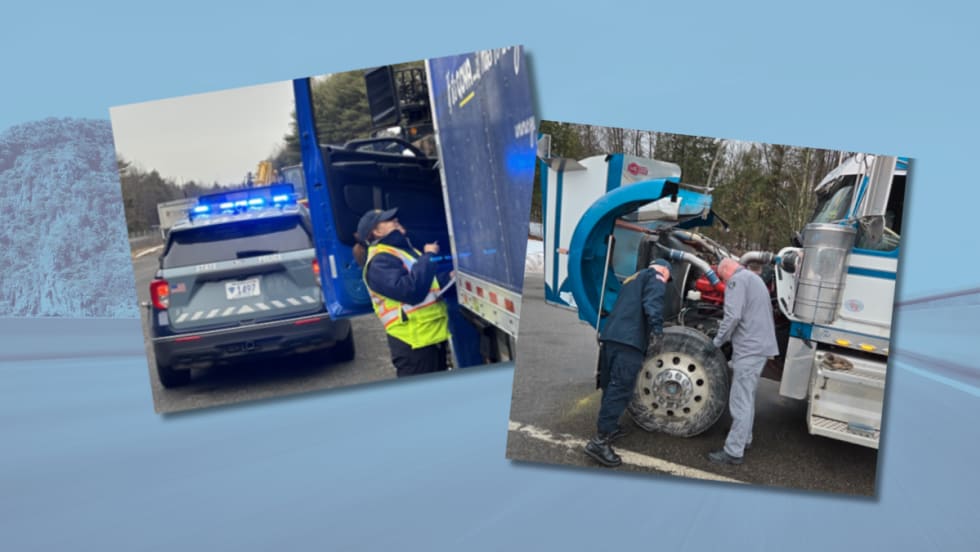Eight years after approval for the creation of the Beyond Compliance program by the Federal Motor Carrier Safety Administration, it is still not in place despite the agency twice asking for public input. In a recent letter, the executive director of the Commercial Vehicle Safety Alliance again called for FMCSA to move forward with the program.
In late September, CVSA adopted a policy in support of Beyond Compliance and incorporated it into its published standing policies. The new policy firmly states that “CVSA strongly supports the creation of a Beyond Compliance program within the Federal Motor Carrier Safety Administration,” and notes the significance of how meaningful incentives to accelerate safety are a valuable tool.
The policy also states that the Beyond Compliance program should include all sectors of the motor carrier industry, including smaller carriers. Plus, the policy acknowledges that the plan is not intended to reduce any current safety requirements.
“The Beyond Compliance program should not include any relief from existing regulations or requirements. The purpose of such a program is to recognize motor carriers who go above and beyond the minimum requirements,” states the CVSA policy.
CVSA, in the wording of the policy, also said the FMCSA and not the states must be responsible for the monitoring and verification process.
FAST Act and Beyond Compliance
The passage of the Fixing America’s Surface Transportation (FAST) Act in late 2015 outlined the Beyond Compliance program and required FMCSA to establish the program within 18 months. According to the legislation, the FMCSA administrator shall allow recognition including credit or an improved SMS percentile for a motor carrier that:
Installs advanced safety equipment.
Uses enhanced driver fitness measures.
Adopts fleet safety manager tools and technologies.
Or, satisfies other standards determined appropriate by the administration.
Mandated to Create Program
The FAST Act mandated that “the administrator, after providing notice and an opportunity for comment, shall develop a process for identifying and reviewing advanced safety equipment, enhanced driver fitness measures, fleet safety management tools, technologies, and programs, and other standards for use by motor carriers to receive recognition, including credit for an improved SMS percentile.”
Public Input Timeline
The late-October letter from Collin B. Mooney, CVSA executive director, points out that FMCSA has already requested and received input from the public on which tools, technologies, and programs should be included and how Compliance, Safety, Accountability (CSA) should reflect the adoption of some of the suggestions.
CVSA published its first request for public comment in the Federal Register in April 2015, then followed with a second posting in April 2016. Mooney’s letter said FMCSA’s Beyond Compliance research was completed in late 2021 and that research is now under review for publication.
In 2019, FMCS said it would collect information from motor carriers to study the effectiveness of various technologies, programs, and policies on motor carrier safety performance to help it develop the Beyond Compliance program. A federal contractor has for the past several years been working on a study to survey a small group of motor carriers and create a base of best practices.
Consideration for Safety Culture
In his letter, Mooney said the current model of safety is based primarily on compliance, enforcement, and crash data, noting that does not provide a full picture of the motor carrier’s safety culture.
“With Beyond Compliance, there is an opportunity to recognize carriers for safe practices when the government is not engaged in direct oversight or investigation, thereby creating opportunities for behavioral change that will improve motor carrier safety culture and, ultimately, overall safety results,” wrote Mooney. “To move the needle on safety, many motor carriers have been adopting new tools, technologies, and programs, but more must be done to encourage operators to exceed the regulatory minimums. More importantly, it will encourage carrier-based and self-motivated continuous improvements.”
In the fall of 2022, during the American Trucking Associations Management Conference and Exposition, Jack Van Steenburg, then FMCSA executive director and chief safety officer, was asked about the progress of Beyond Compliance.
He responded that Beyond Compliance is a great concept, and every motor carrier in attendance likely had great safety practices.
But, he said, a trucking company can’t just call up FMCSA and say, ‘Hey, we’ve got this new safety management strategy where we’re talking to drivers about distraction.’
“How do we manage that? How do we know what's working? How long do we have time to assess that it's working? And then when do we give you credit in CSA?




